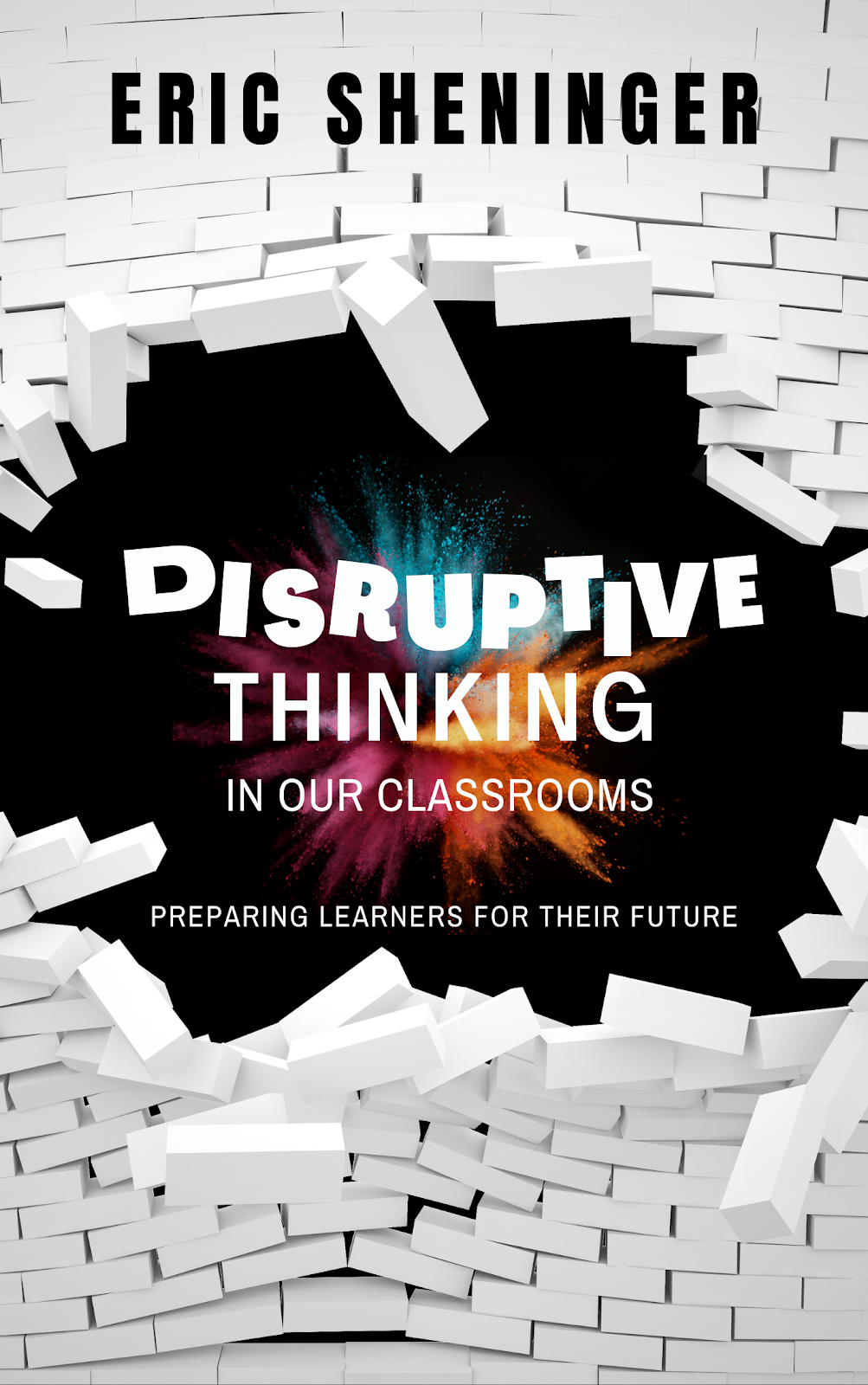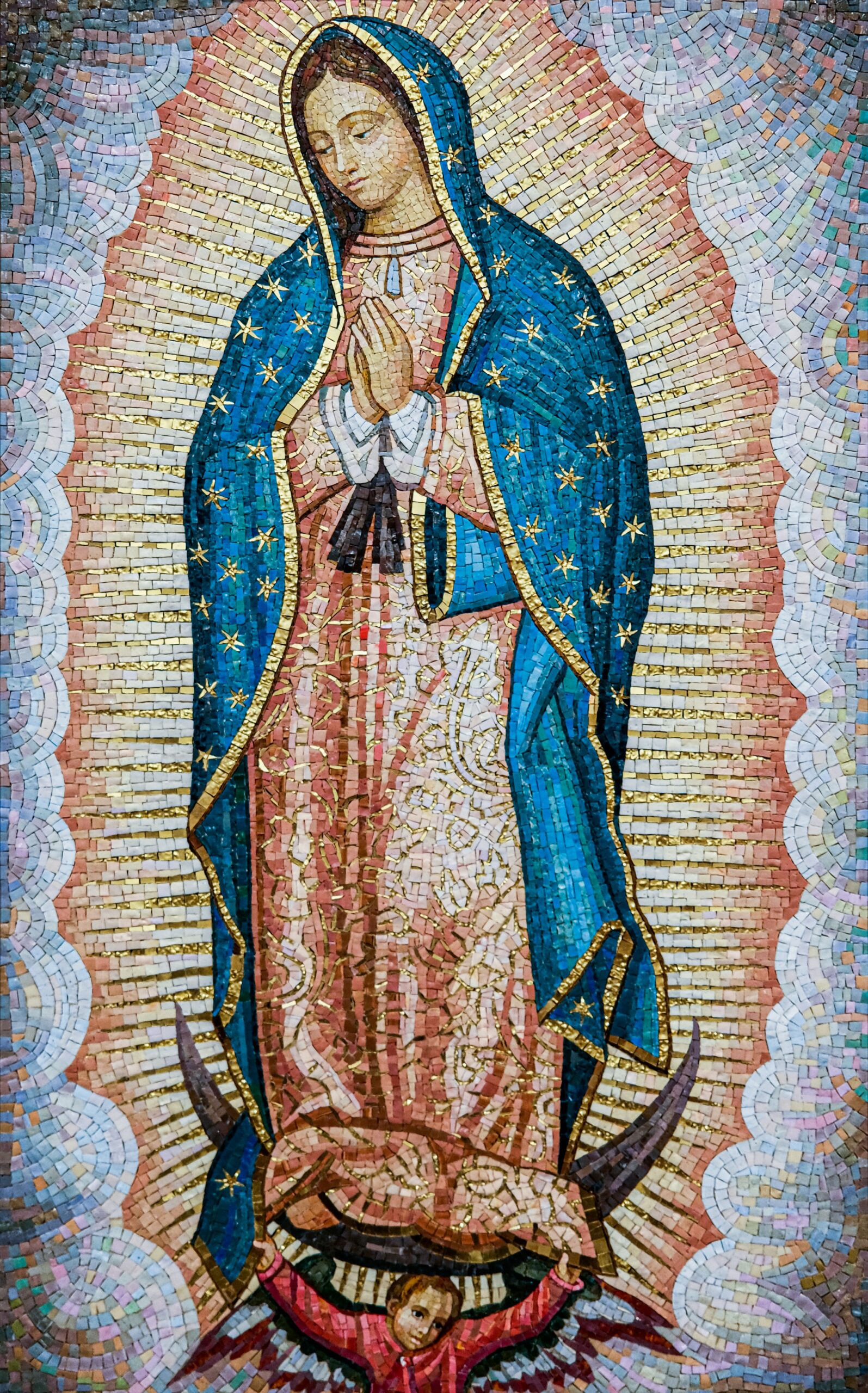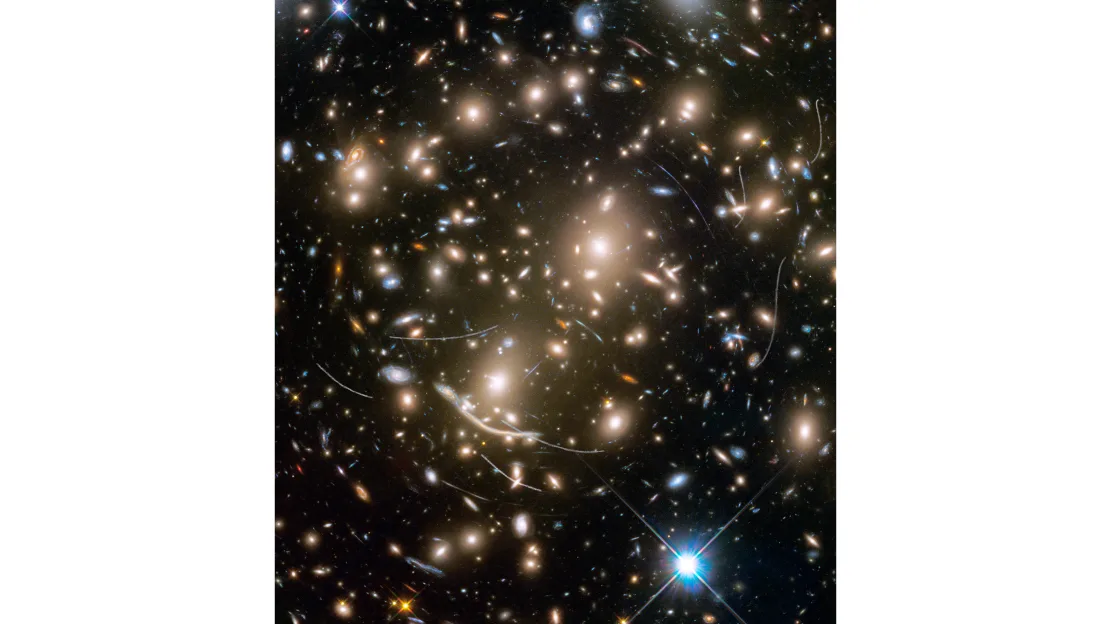Possible Preaching Themes
Possible Scientific Resources
- Forgiveness is a true gift offered in response to some type of hurt or harm. God is forgiving and models how we can be merciful. Forgiveness is not a magical antidote that erases the past but an action that leads to healing.
- God has the power to restore life. The readings recall God’s promise to restore Israel and God’s action of raising Lazarus back to life. God has the power to raise the dead to new life, and those who live by the Spirit can help raise others to new life.
- God can do the impossible. God has victory over death.
- Forgiveness can improve one’s physical and mental health.
- https://www.apa.org/monitor/2017/01/ce-corner#:~:text=Research%20has%20shown%20that%20forgiveness,symptoms%20and%20lower%20mortality%20rates.
- https://www.hopkinsmedicine.org/health/wellness-and-prevention/forgiveness-your-health-depends-on-it
- Forgiveness is not about forgetting the past; rather, it is about making a choice of offering something positive toward the person who hurt you.
- Forgiveness is linked to mental health outcomes such as reduced anxiety and depression, as well as with fewer physical health problems and lower mortality rates.
- Learning how to forgive requires effort but can result in physical, mental, and emotional relief.
- Cardiopulmonary resuscitation (CPR) and its ability to save lives.
- https://www.cdc.gov/heartdisease/cpr.htm#:~:text=CPR%20Saves%20Lives.,arrest%20outside%20the%20hospital%20die.&text=But%20CPR%20can%20help%20improve,a%20person’s%20chance%20of%20survival.
- https://www.procpr.org/blog/training/cpr-facts-and-stats
- 9 out of 10 people who suffer cardiac arrest away from a hospital die; CPR can be learned and used in such emergency situations.
- Knowing the signs of cardiac arrest and how to perform CPR are important, and can help to save a life.
- Certain people, including those in low-income, Black, and Hispanic neighborhoods, are less likely to receive CPR from bystanders than people in high-income white neighborhoods.
- The Constructor Theory in physics highlights the tensions between the possible and impossible.
- https://www.quantamagazine.org/with-constructor-theory-chiara-marletto-invokes-the-impossible-20210429/
- https://www.youtube.com/watch?v=hYc97J2MZIo
- Constructor Theory seeks to provide the “something” that is missing in the standard approach.
- The goal of constructor theory is to rewrite the laws of physics in terms of general principles about what’s possible and what’s impossible.
- This theory reveals greater opportunities for new understandings.
Homily Outline Combining Resources
Homily outline combining resources: Nothing is Impossible for God.
- Life’s “it can’t be done moments”
- Ever had the opportunity to help a child do something for the first time?
- like when you helped remove the training wheels from the bike,
- or sitting at the kitchen table helped solve that seemingly unsolvable problem?
- In such moments, you probably heard the familiar: “I can’t”
- “I can’t ride without my training wheels;” “I can’t solve this problem.”
- Do other “I can’t” moments come to mind right now
- not someone else’s, but your moment of feeling inadequate or incapable in the face of what is inexplicable or imposing?
- There are challenges in life that seem overwhelming;
- everyday problems that seem unsolvable;
- suffering that feels impossible to overcome.
- Each of us will be challenged to overcome what seems impossible:
- grief from losing a loved one like Martha and Mary
- issues of justice, like violence, racism, or the climate crisis.
- Yet, nothing is impossible for God.
- Jesus does the seemingly impossible, raising Lazarus from the dead.
- Jesus does not step in the tomb to perform the emergency procedure CPR;
- rather, Jesus stands outside the tomb and says, “Lazarus, come out”
- a voice crying out to restore life.
- As that command echoed inside the tomb, miraculously and instantly, Lazarus walked, breathed, and lived again.
- For others death was final, but not for Lazarus this time.
- While Jesus may have wept, showing the grief of a true friend, his call to Lazarus reveals that God has power over death.
- Most of us want to be able to explain things.
- Did you take a physics course in high school or college now long forgotten:
- maybe all you recall is the name Albert Einstein.
- Physics is the science of matter, motion, energy.
- It is the discipline that seeks to explain how the physical world works at its most basic level.
- Today some physicists challenge the standard laws of physics through the “Constructor Theory”:
- Transformation or change is defined by them as a task; a constructor is the entity to carry out such a task.
- This theory posits a relationship between the possible and impossible tasks,
- It looks to answer questions that are not yet being asked,
- It is rewriting the laws of physics in the language of impossibility.
- As physicist Chiara Marletto states, “Declaring something impossible leads to more things being possible.”
- Disciples are called to do the seemingly impossible.
- The gift of God’s Spirit gives us as disciples of Jesus the opportunity to do the impossible.
- Great physicists have an insatiable curiosity that animates their scientific pursuits: a desire to find answers.
- Authentic disciples must similarly live with a curious faith that emboldens us to believe that God can do the impossible.
- We hold onto hope, even when the answers we desire don’t come.
- In the face of what seems impossible, disciples share the good news that God is able
- As those who “are in the Spirit,” God shares with us the possibility to restore those who feel like they can’t
- Faith moves us from the feeling of “it can’t be done” to the firm conviction of Martha: “I know he will rise” (Jn 11:24)
- Maybe we won’t literally raise people from the dead like Jesus did; but we can help others discover for themselves that
- newness of life is possible
- restoration is possible
- healing is possible.
- With the gift of the Spirit, the impossible can become possible for disciples willing to try.
Related Homily Outlines
Couldn’t find what you’re looking for?
Try searching with another filter

Preaching with Sciences

Edward Foley, Capuchin
Duns Scotus Professor Emeritus of Spirituality
Professor of Liturgy and Music (retired)
Catholic Theological Union
Vice-Postulator, Cause of Blessed Solanus










